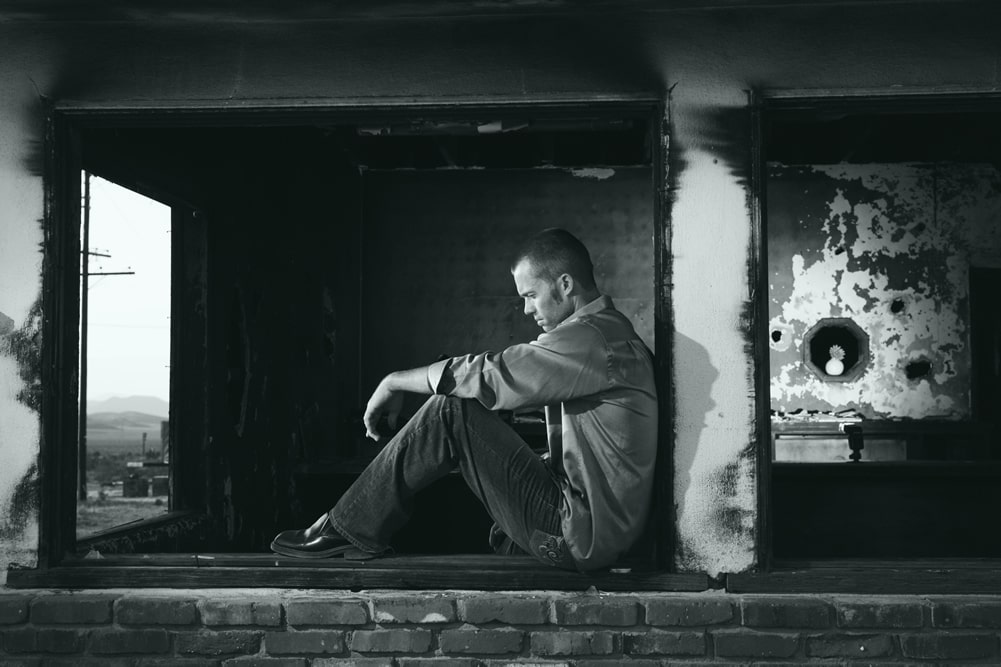You Are Human, Too.
 Okay so, I was late getting to one of my work sites. I’d put the wrong address in my GPS and by the time I realized it, I was already at the wrong location. I called the Director… no answer. I then called the site coordinator to let her know my dilemma. My program was to begin at 10:00 am and by the time I arrived at the location, I was ten minutes late.
Okay so, I was late getting to one of my work sites. I’d put the wrong address in my GPS and by the time I realized it, I was already at the wrong location. I called the Director… no answer. I then called the site coordinator to let her know my dilemma. My program was to begin at 10:00 am and by the time I arrived at the location, I was ten minutes late.
I felt awful, but the kiddos were excited, so we got started.
Things seemed to be going smoothly and the girls enjoyed our activity. We finished about twelve minutes late, of course, because I was 10 minutes late getting started (insert eye roll here). Well, as I’m packing up to leave, in walks the Director. As I go over to her to apologize, she looks at me and says, “I need you here by ten, no excuses.”
Now, I understood, and she was obviously right, but it made me feel more like crap than I already did. I proceeded to apologize and give my story, but the fact remained that I was late… I was wrong.
By the time we finished our conversation, we’re laughing and all was right with the world. Except, I was still holding on to the fact that I was late, and she had to approach me about it.
Once I got to the office, I let my supervisor know what happened, so she’d be informed. She listened, then let it be.
But not me. Nope. Not “Miss Perfectionist”. I didn’t let it go, I was still caught up in my mistake and trying to figure out what happened and how I let it happen. I mean, I left home on time and everything, but I’d messed up. I obviously didn’t do what was needed to be on time and I couldn’t help but think that I had represented myself poorly by being late.
Stop Beating Yourself Up.
Then, my mind went to the day before – one of the pastors at my church looked at me and said, “You are really hard on yourself. You gotta stop that; you have to let stuff go. And, let me tell you something else, you’re not that good.”
Now, all of this without him “actually” knowing this about me tore me up. His words washed over me and reminded me of all my imperfections that God covers. And he was absolutely right, I’m not that good… not so good that I can judge myself to the point of unforgiveness.
Mmmkay, you know I have a point, right?
How often has God corrected you and then forgiven you – only for you to continue beating yourself up? Oh, nah? Not you? Well, I have, countless times! It’s one thing to be this way with people, but to reject God’s forgiveness is downright disrespectful. And yes, that’s what it is, rejecting His forgiveness.
When God forgives us, He releases us from that guilt, shame, and hurt, and sends us on to never do that thing again. Hey, Jesus died to forgive us, He just wants us to accept His offer. And we should, God gives us mercy, in fact, He gives us new mercy every day. Yep, He knew that yesterday’s mercies could not sustain us, so He grants us new, tender mercies each day.
Our Playbook says in Lamentations 3:23 NLT, “Great is his faithfulness; his mercies begin afresh each morning.”
So, What’s the Play Call?
If you’re anything like me, other folks’ criticisms pale in comparison to the damage you do to your own confidence. We’ve got to do better. So, here are a few things to help you take it easier on yourself:
- When you ask God for forgiveness, believe that He will honor your request. God doesn’t hold grudges like some of us do. He really does let go of our mistakes. “Look upon mine affliction and my pain, and forgive all my sins.” Psalms 25:18
- Add yourself to your own list. You gotta forgive yourself for making mistakes, too. Sometimes we place ourselves on this perfect pedestal by expecting that everyone will make mistakes but us. “But when you are praying, first forgive anyone you are holding a grudge against, so your Father in heaven will forgive your sins too.” Mark 11:25 (NLT)
- Let God have it. Yep, you did it, but give that shameful residue over to Jesus. He wants to take it from here. “Give all your worries and cares to God, for he cares about you.” 1 Peter 5:7 (NLT)
- Move forward. One of the dangerous things about holding a grudge against yourself is that you stay stuck. We get so engulfed in that thing that we did or didn’t do, that we won’t try getting to where we’re actually supposed to be. Once you let go, you have to move on. “Brethren, I count not myself to have apprehended: but this one thing I do, forgetting those things which are behind, and reaching forth unto those things which are before.” Philippians 3:13
Please note that it does take a conscious effort to break this toxic habit. I do it without even realizing I’m tearing myself apart. Work on it. God will help you. And remember, “You’re not that good.”




